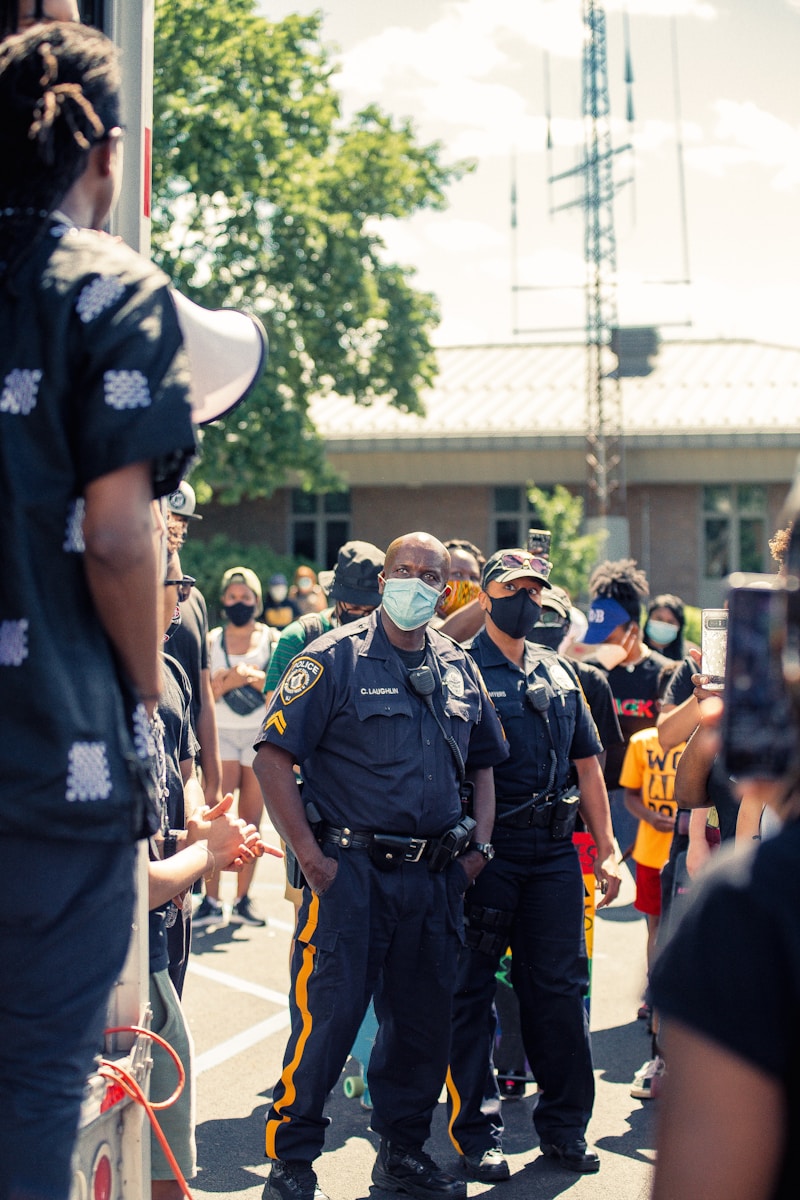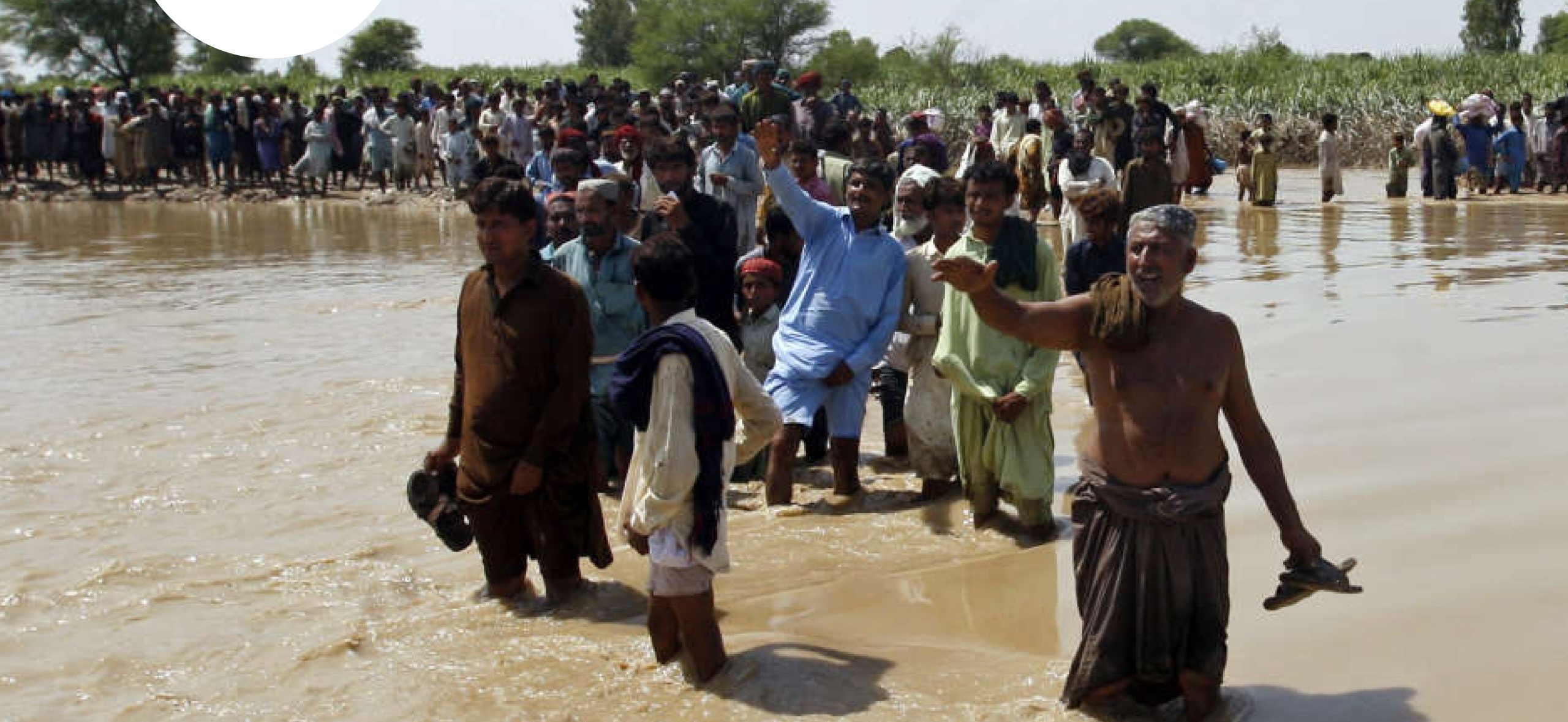Introduction
A recent Measles Alert from South Africa’s Department of Health has highlighted the growing concern over rising measles cases across the country. With more than 200 confirmed infections reported this month, the outbreak is concentrated in provinces like Gauteng, KwaZulu-Natal, and Western Cape. The primary cause of the surge is a significant drop in vaccination rates, which have fallen below the critical 70% mark. Health officials attribute this decline to disruptions in healthcare services caused by the COVID-19 pandemic. In response to this urgent situation, here are 8 crucial steps to protect your family from the ongoing outbreak and ensure your children are fully immunized.
Measles Alert: Prioritize Vaccination for Your Child
The most effective strategy to combat measles outbreaks, as highlighted in the Measles Alert, is timely vaccination. The MMR (measles, mumps, rubella) vaccine is the key tool in preventing measles. It is highly effective in preventing the disease when administered in two doses—one at 12-15 months and the second at 4-6 years.
Unfortunately, many children missed their vaccines during the COVID-19 pandemic when routine healthcare services were disrupted. If your child has missed their vaccination, contact your healthcare provider immediately to schedule a catch-up vaccine. Vaccinating your child is the best protection against measles and is essential to stopping the spread of the disease in your community.
Measles Alert: Recognize Symptoms and Seek Early Medical Attention
Recognizing the symptoms of measles early is crucial in reducing the spread of the disease. The Measles Alert encourages parents and caregivers to be vigilant and seek medical help immediately if their child shows any signs of measles. Common symptoms of measles include:
- High fever
- Cough
- Runny nose
- Red, watery eyes
- A rash that starts on the face and spreads downward
If your child exhibits these symptoms, isolate them from others and seek medical attention right away. Although there is no specific treatment for measles, early intervention can help prevent complications and reduce the risk of transmission.
Measles Alert: Ensure Herd Immunity with Community Vaccination
The Measles Alert underscores the importance of herd immunity in preventing the spread of measles. When a large percentage of the population is vaccinated, it makes it more difficult for the virus to spread. Herd immunity is especially important for protecting individuals who cannot receive the vaccine, such as infants too young for immunization or those with weakened immune systems.
To achieve herd immunity, it’s essential for all eligible individuals to get vaccinated. This is why it is important not only for you to ensure your own child is vaccinated, but also to encourage others in your community to do the same. By vaccinating your child, you contribute to the overall health and safety of your community.
Measles Alert: Participate in Catch-Up Vaccination Campaigns
Many children have missed their vaccines due to the disruptions caused by the COVID-19 pandemic, which is why the Measles Alert emphasizes the importance of catch-up vaccination campaigns. These programs aim to vaccinate children who missed their scheduled immunizations during the pandemic.
Catch-up vaccination programs are being organized by local health authorities and clinics to ensure that all children receive the necessary vaccines. These programs are a critical tool in addressing the backlog and reducing the likelihood of future outbreaks. If your child is behind on their vaccinations, check with your local clinic or health center for information about catch-up programs.
Measles Alert: Follow Hygiene Practices to Prevent Transmission
The Measles Alert reminds the public that measles is a highly contagious disease, and it spreads rapidly through respiratory droplets when an infected person coughs or sneezes. To prevent the spread of the disease, it is important to maintain good hygiene practices.
Here are some essential hygiene tips to help prevent the transmission of measles:
- Wash hands frequently with soap and water, especially after coughing or sneezing.
- Encourage your child to cover their mouth and nose when they cough or sneeze.
- Clean and disinfect frequently touched surfaces.
- Avoid close contact with individuals who show symptoms of measles, such as a rash or cough.
These simple measures can significantly reduce the spread of measles, especially in high-risk areas like schools, daycare centers, and public spaces.
Measles Alert: Stay Updated on Public Health Guidelines
In response to the ongoing outbreak, health officials are continuously updating the public about the situation and offering guidance on how to stay protected. The Measles Alert emphasizes the need to stay informed through reliable sources, such as the Department of Health and local health authorities.
Make sure you are aware of the latest health advisories and vaccination opportunities in your area. Governments and health organizations may provide updates on vaccination clinics, community health drives, and other resources to help you protect your family. Staying informed ensures that you don’t miss important vaccination deadlines or health alerts.
Measles Alert: Encourage Others to Vaccinate
The Measles Alert isn’t just a reminder for individual action—it’s also a call to community action. Encouraging other parents, friends, and neighbors to vaccinate their children is an important part of preventing the spread of measles. Many individuals may not be aware of the risks associated with low vaccination rates, and they may not realize the importance of immunization.
Take the time to educate others in your community about the benefits of vaccination and the risks of measles outbreaks. The more people who get vaccinated, the fewer opportunities the virus will have to spread. By raising awareness and encouraging vaccination, you can help protect your community as a whole.
Measles Alert: Support Local and National Health Efforts
The Measles Alert also encourages individuals to support the public health efforts being made at both the local and national levels. This includes participating in vaccination drives, attending community health clinics, and sharing information about the importance of immunization.
By supporting these efforts, you are contributing to the broader fight against measles. Public health initiatives depend on community involvement to be successful, so don’t hesitate to volunteer, share information, and spread the word about the importance of vaccination. Your involvement can make a difference in stopping the outbreak.
FAQs
What is the Measles Alert warning about?
The Measles Alert warns of a measles outbreak in South Africa due to a drop in vaccination rates. The alert encourages parents to ensure their children are vaccinated on time.
How can I protect my family from measles?
Ensure your child receives the MMR vaccine, and participate in catch-up vaccination programs if needed. Practice good hygiene and stay informed about local health updates.
Why are vaccination rates so low?
Vaccination rates have dropped due to disruptions in healthcare services caused by the COVID-19 pandemic. Many children missed their routine immunizations during this time.
Conclusion
The Measles Alert has brought much-needed attention to the ongoing measles outbreak in South Africa. With vaccination rates below the critical threshold of 70%, there is a pressing need for action. By vaccinating your child, participating in catch-up programs, maintaining good hygiene, and encouraging others to get vaccinated, you can help protect your family and community from the spread of measles. Stay informed, take action, and support public health efforts to end the outbreak and prevent future cases.



